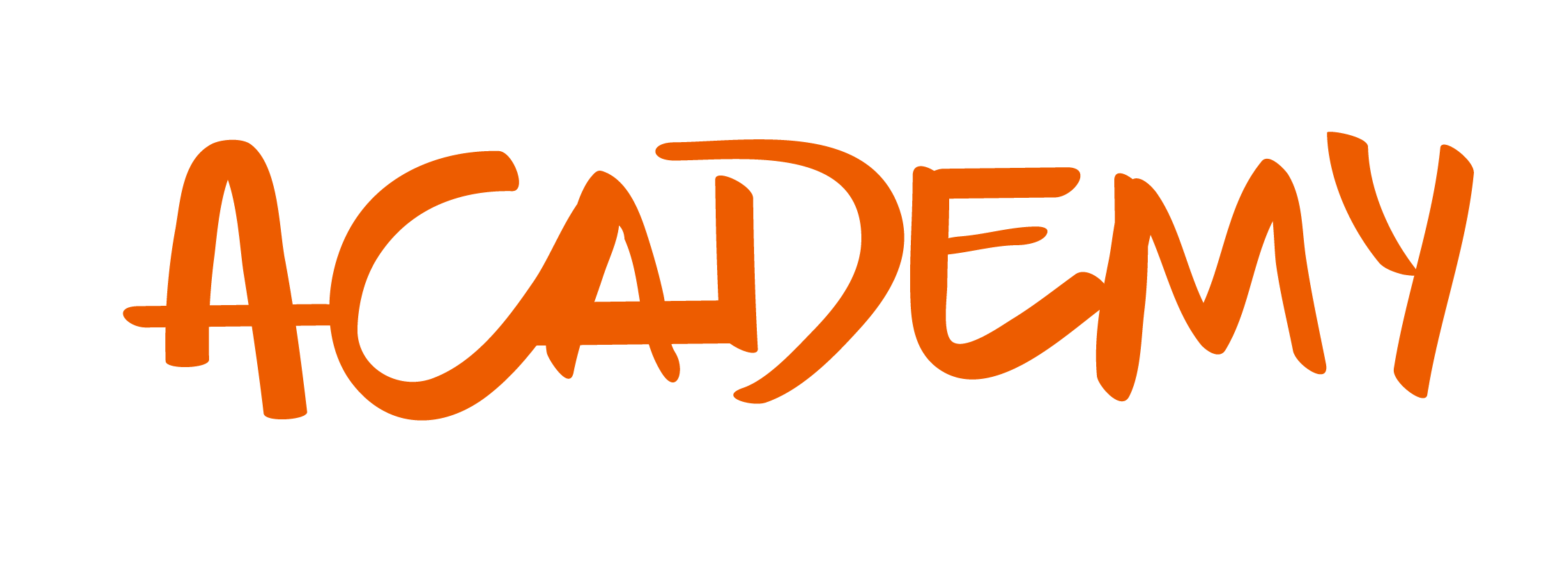Seventy percent of projects fail. This statistic is highly discouraging for leaders, project managers, businesses, and employees. But often, when implementing plans and methodologies, project managers and their team members are making several common mistakes — mistakes that could very well be prevented.
What are the responsibilities of project managers?
A project manager has a full plate. They are, in essence, responsible for project success and the decision-making that dictates positive outcomes.
Their responsibilities start with defining the project plan and the project’s goals, as well as determining the project scope. They will also put together a skilled and qualified project team that is equipped to meet these objectives and produce deliverables that will satisfy the end-user.
The project manager will also establish workflows, ensuring that plans go as smoothly as possible.
Governing a project demands a number of intricate, very involved steps — everything from selecting the best project management methodology for the particular job and/or organization to handling risk management to budgeting.
7 mistakes all project managers make
So, what are some common project management mistakes too many professionals make? And how can you avoid them?
1. Not knowing the team’s strengths and weaknesses
A good project manager knows how to leverage team members’ skillsets to bring an initiative to fruition. They should be aware of each employee’s role, responsibilities, and talents. They should also understand each team member’s shortcomings.
If the project manager doesn’t fully understand what their team members are bringing — or not bringing — to the project, then there will likely be numerous consequences. For example, this could lead to micromanagement and a lack of trust in your workers. It may also decrease team morale and adversely impact collaboration and communication.
It’s important to take stock of your team members’ strengths and weaknesses, as well as assess those of the team in general before you kick off a project.
2. Overlooking mistakes
We’re all human, and mistakes are inevitable. But whether they’re large or small, mistakes require attention.
Sometimes, it could be a simple, correctable error — but the individual or individuals who made it still need to know that they did and take strides to correct it in the future. Perhaps more training is needed — or, if worse comes to worst, they may not be the best individual for the role at hand. Ultimately, though, it’s critical to know when mistakes happen and do something about them.
3. Ineffective communication
Many project failures can be chalked up to poor communication. Keeping everyone — including senior management, stakeholders, and all team members — apprised of your efforts and plans is critical for project success.
Remember that over-communication is far better than under-communication. There is no place for qualms about annoying your colleagues when it comes to churning out a successful project. Everyone must be well informed about progress, hiccups, and other goings-on. This is extremely important to reduce conduction and otherwise eliminate chaos and conflict, preventing it from wreaking havoc on your overall initiatives. Start with a communication plan.
Establish and solidify channels for strong communication throughout the project. From Slack to Zoom, there should be a clear methodology for the tools you use. You might have weekly check-ins, along with encouraging your team members to use less formal means of communicating from day to day. Tell them to reach out to you with concerns before they escalate, and provide forums for them to do so.
4. Not setting clear objectives, KPIs, and success metrics
How do you know whether and how you have achieved positive outcomes? How will you assess project progress? Do you have a solid idea of your project status at any given point in time?
If you’re not clear on these important factors, then it is time to rethink things. Long and short-term goals and objectives, milestones, key performance indicators (KPIs), and other success metrics will serve as a guide that will dictate what steps you take and what you’re working toward.
From the get-go, you should establish KPIs, which will serve as tools to evaluate your project and assess whether you have produced the outcomes you want. Additional metrics, like milestones, serve as check-in points to see how you are progressing along the way.
When setting overarching objectives, consider using the SMART (specific, measurable, achievable or attainable, relevant, and time-bound) methodology. This is a structure that will help you make sure you’re setting clear, realistic (but ambitious), and health goals for your project and team.
In other words, these are tools that will allow you to understand and define what success means to you and your organization.
5. Showing stress under pressure
A project manager has a stressful job. The success or failure of the project ultimately rests on their shoulders, and that’s an enormous amount of responsibility. While each and every initiative is a team effort, you are often blamed when something goes wrong. And that can be a burden.
It’s natural to feel anxious and feel the pressure of your managers’ and clients’ expectations. But it’s absolutely essential to prevent these sentiments from getting the better of you. If you become overwhelmed by stress, then you could very well end up taking it out on other people.
Project managers know that stress is part of the job. You must operate in a fast-paced environment and keep your cool under pressure. If you can’t, then you will face consequences like burnout and low team morale.
Of course, you’re entitled to a bad day here and there — everybody is — but it’s always important to maintain professionalism and recognize that everyone on your team is coping with personal and professional stress, too — not just you. Instead of throwing up your hands in despair, think about what you can do to address problems and keep your processes flowing.
6. Too much multitasking
Multitasking is the destroyer of productivity. When you’re operating under tight deadlines, as so many of us are, it’s natural to try to do multiple tasks at once to save time. But in actuality, you’re lengthening timelines because you’re not giving enough attention to each individual responsibility.
Encourage team members to focus on specific initiatives and tasks, one at a time. Every time you change tasks, you’re losing focus and wasting time, so it’s important to really dig into your work and achieve a sense of flow before pivoting to another assignment or responsibility.
Limit multitasking as much as possible — this will mean higher quality work in the long run.
7. Not evaluating after project completion
Once you finish a project, it’s over, right? Not so fast. If you fail to take the extra step of assessing your project, then you will have no idea how it went. You’ll also continue to repeat the same mistakes over and over again.
Look closely at analytics after your project completion to consider how you’ve performed. This will allow you to plan effectively the next time around.
Additionally, debrief with your team members and the leaders of your agency after you have brought the project to fruition. Consider your processes, what went well, and what could and should do differently next time. Look at qualitative and quantitative data. Ask for feedback from your employees and management. This will help you hone your procedures and plans and prevent you from succumbing to avoidable errors the next time around.
How can COR help project managers do their work?
Project success depends on having the right people and goals — as well as the most skilled individual at the helm. It also requires knowing which tools to use. Yes, everyone will make mistakes, but leveraging top project management software like the tools offered by COR will allow you to better spearhead and streamline your teams’ efforts and workflow. You can keep track of time spent on your initiatives, manage your resource, plan effectively, and much more. These tools will also generate vast amounts of data that you can use to evaluate your project’s results.
Project management tools will take much of the tedious manual labor you engage in every day and automate your processes, too. You will be better equipped to lead your team successfully and avoid succumbing to project failure. Plus, you’ll achieve greater profitability and successful project management — which, of course, are outcomes you always want.















